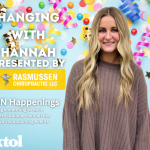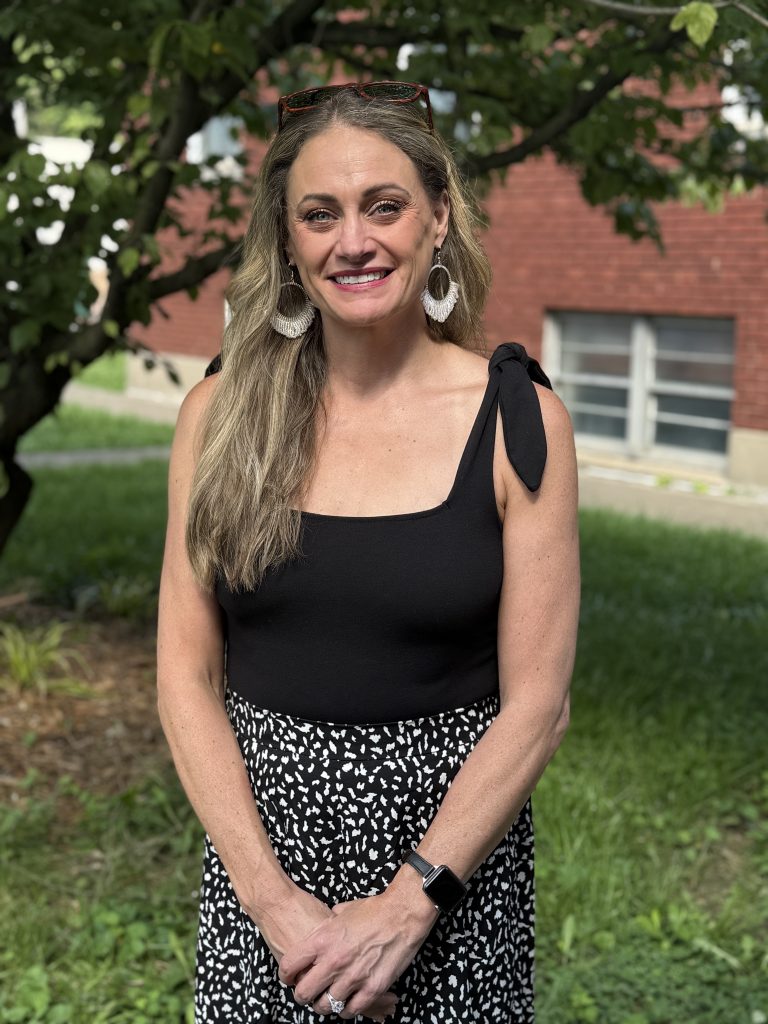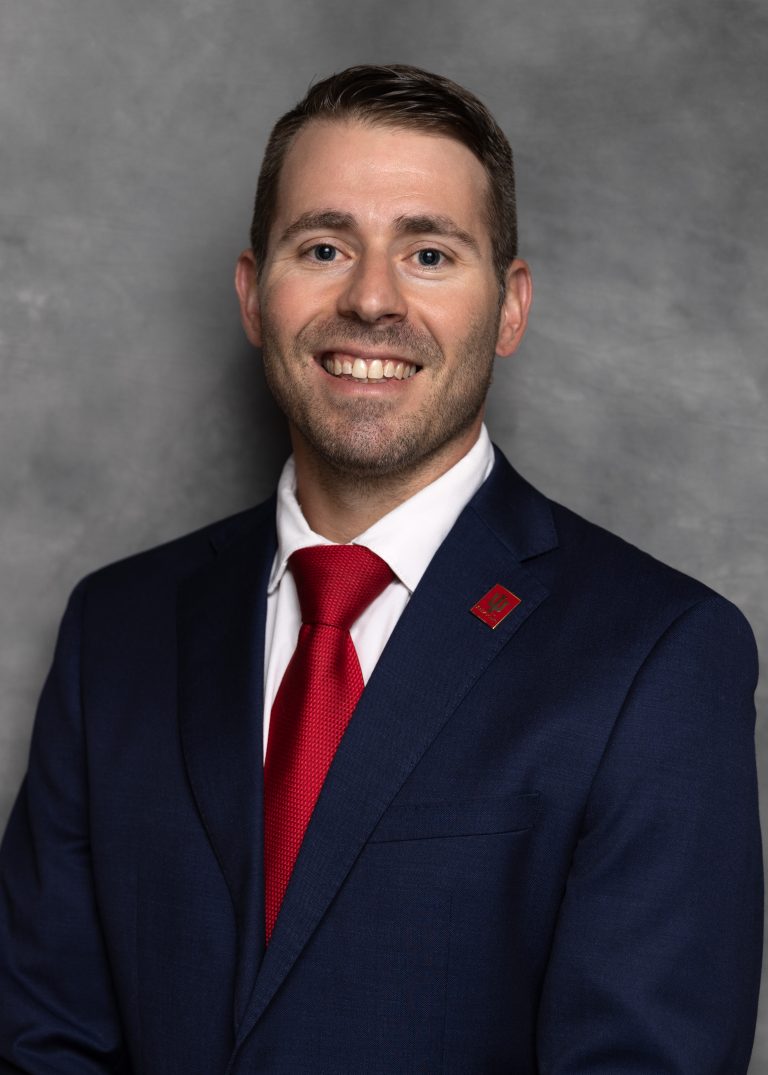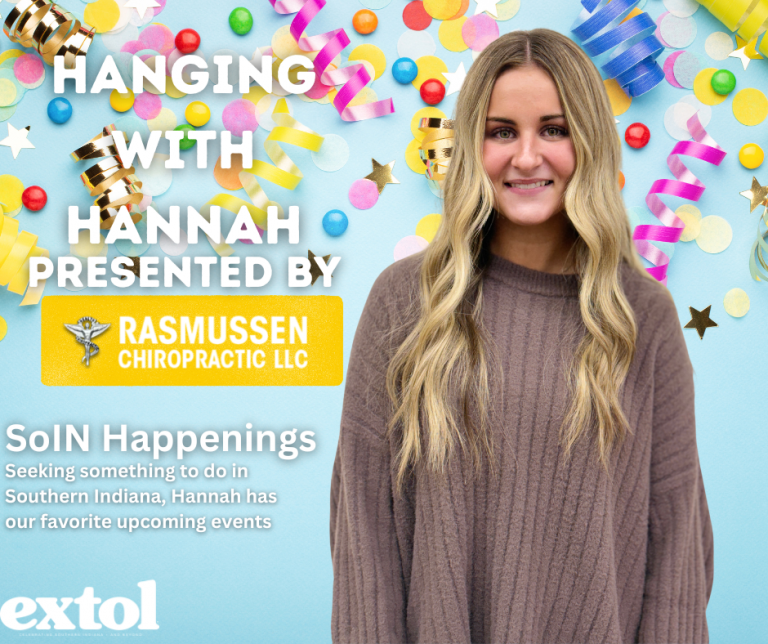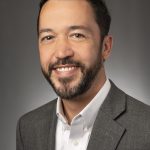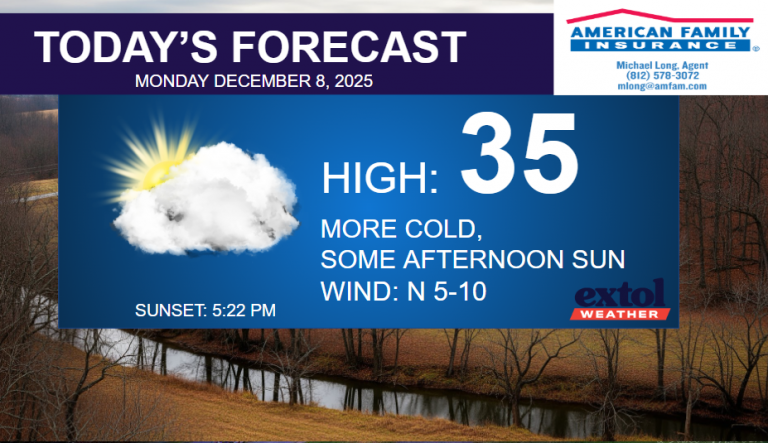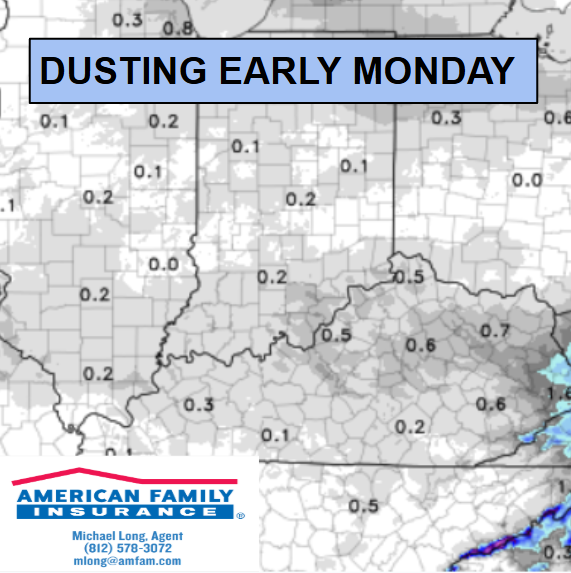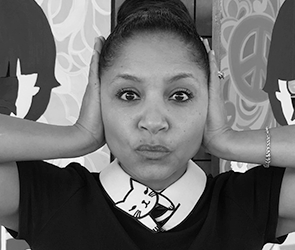
I GREW UP in a family where there were three things you rarely – if ever – talked about: religion, money and politics.
My father was a Methodist minister for several years, but when he divorced my mother, who was awarded full custody of all five of us kids, we quickly joined the Baptist church that was literally located next door to where we had previously worshipped in our rural Michigan town.
I don’t recall much of anything – I was six – except a bit of guilt for preferring the cushioned seats at our new church over the pews we used to sit in. (I figured God was so big and great, surely He’d know I was praising him in a new location and wouldn’t hold the comfy seating preference against me.) But my family never talked about what the change in churches meant or how any of us felt about it.
Nor did we talk about how little money we had, especially once my father left us, though, of course, it was obvious. Thankfully, our mother worked hard – and not just at her job as a full-time nurse – to teach her kids the value of being grateful for what we did have, and we knew enough not to ask why our father seemed to have more as we struggled with less.
I also still have no idea how any of my parents – grandparents, stepparents and Godparents included – have voted or vote in elections and would never think of asking. That was considered rude and, frankly, very personal. It was a conversation you simply didn’t have.
Oh, how times have changed.



I now understand religion – and faith – in a way that allows me to accept and appreciate others beliefs, even when they differ from mine. And I want to talk about it and hear others talk about it, too.
I’m still uncomfortable talking about money, but I don’t (fully) avoid discussions anymore. I do, however, find myself bewildered by the power – both positive and destructive – money can have in myriad aspects of life. I know people with wealth who are the poorest people I’ve ever met, people with nothing who have the richest lives and lots of people who fall somewhere in between. Thanks to my upbringing, I am still far more grateful far for what I do have than I long for what I don’t.
But politics? Ugh.
I loathe talking about it, feel anxiety when others do, tiptoe around sharing how I really feel and usually refrain. Because when you do talk about politics these days, it almost always seems to evoke confrontation – or worse – instead of discussion, unless you only seek opinions from those whose opinions are aligned with yours (which research shows most of us do).
But just because we’re uncomfortable about a subject doesn’t mean we should avoid it. That’s a life lesson I continue to learn again and again.
In this issue of Extol, you’ll find a diverse collection of stories about people and places connected to Southern Indiana: WAVE 3 mainstay and community advocate Dawne Gee shares her inspirational story about finding hope after having a stroke. Our explorer JD Dotson travels to Tell City. Writer Miranda McDonald explains what is “fast fashion” and why you should care. Ray Lucas may evoke a tear or two the next time you see a robin in the yard in his A Life in Progress column. Longtime education reporter Toni Konz, of WDRB, offers 10 ways to mesh education with fun this summer. And Hoosier Mama columnist Farrah Alexander shares how she has opted to explain how she feels about President Donald Trump to her child.
I hope you’ll take the time to read the stories and columns we feature in Extol – and then, I invite you to respond by sending an email to angie@extolmag.com.
If you like what you see, let me know. If you don’t, let me know. Because goodness knows, we all could benefit from a bit more discussion and discourse with one another about what connects us AND what makes us uncomfortable.
As always, thank you for taking the time to pick up Extol. I hope to hear from you.
Yours truly,
Angie Fenton
Editor in Chief






